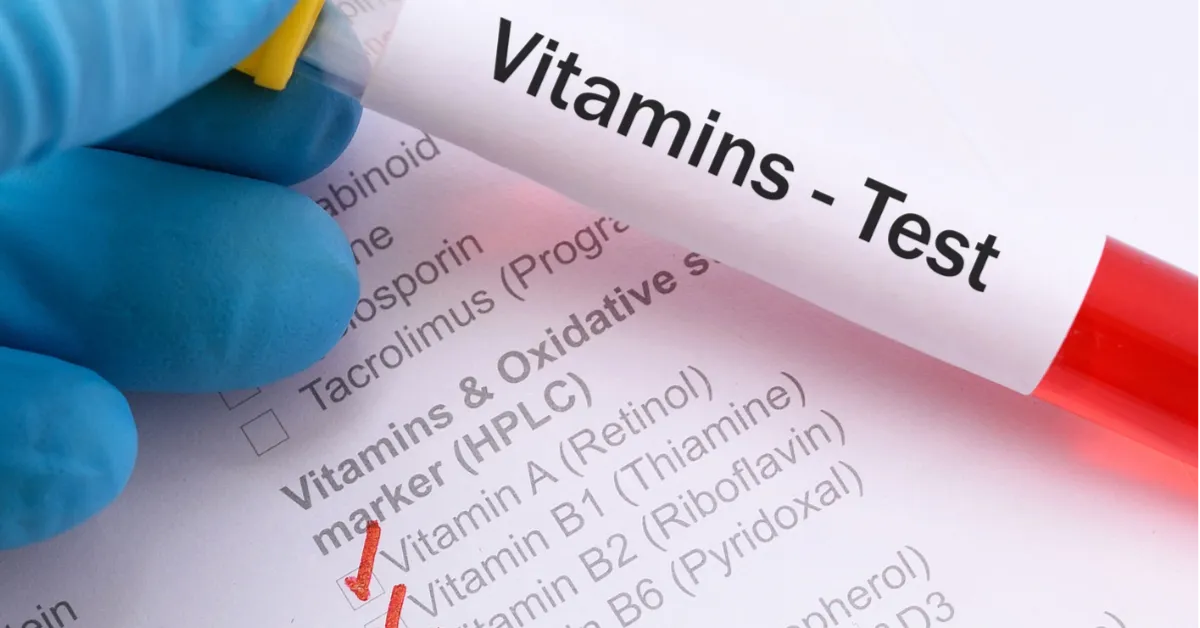EN 18505 Vitamin K Measurement in Cheese and Dairy Products
The European Standard EN 18505 provides a detailed method for determining the presence of Vitamin K in cheese and dairy products. This standard is crucial for ensuring that these food items meet stringent quality standards, particularly relevant to those involved in quality management, compliance officers, R&D engineers, and procurement professionals.
Vitamin K plays a critical role in various physiological processes including blood clotting and bone metabolism. The accurate measurement of Vitamin K content ensures the safety and efficacy of these products for consumers. This method is particularly important as it helps to identify potential adulteration or contamination which could affect product integrity and consumer health.
The standard specifies a series of steps that need to be followed meticulously, including sample preparation, reagent selection, reaction conditions, and analytical techniques. It emphasizes the importance of precise calibration and standardization to ensure reliable results. The procedure involves several key stages:
- Sample Collection: Careful selection of cheese or dairy samples for analysis.
- Extraction: Utilizing appropriate solvents to extract Vitamin K from the sample matrix.
- Detection: Employing spectrophotometric methods to measure the concentration accurately.
- Calibration: Using reference standards to calibrate instruments ensuring precision and accuracy.
The standard also outlines acceptance criteria, which are critical for determining whether a batch of cheese or dairy product meets regulatory requirements. Compliance with these criteria ensures that products are safe for consumption and meet consumer expectations regarding quality and safety.
Accurate measurement is essential not only for regulatory compliance but also to maintain brand reputation and ensure customer satisfaction. Failure to adhere strictly to the standard can lead to discrepancies in results, which might result in substandard products reaching the market. This could have far-reaching implications ranging from potential health risks to financial losses due to recalls or legal actions.
Given the importance of this measurement, it is essential that laboratories performing these tests are equipped with state-of-the-art equipment and trained personnel who understand both the theoretical underpinnings and practical applications of EN 18505. The use of advanced analytical techniques ensures consistent and reliable results, which is vital for maintaining high standards across all stages of production.
In conclusion, following the procedures outlined in EN 18505 not only guarantees that cheese and dairy products meet necessary regulatory requirements but also enhances consumer confidence through transparent and verifiable quality assurance practices. This standard serves as a cornerstone for ensuring consistent product quality and safety, thereby contributing significantly to the overall integrity of the food industry.
Quality and Reliability Assurance
- Precision: The method ensures precise measurement through standardized protocols and calibration procedures.
- Accuracy: Rigorous adherence to the standard minimizes errors, leading to accurate results every time.
- Consistency: By following a set of well-defined steps, results are consistent across different batches and samples.
- Traceability: Every step in the process is documented, ensuring traceability from sample collection to final result.
The reliability of these tests is further enhanced by regular calibration checks and proficiency testing programs. These measures ensure that all results are consistent with those obtained under similar conditions elsewhere, thereby building trust among stakeholders.
International Acceptance and Recognition
The European Standard EN 18505 is widely recognized across Europe and beyond. Its adoption by various countries underscores its importance in ensuring the quality of cheese and dairy products globally. Many international bodies, such as Codex Alimentarius, have incorporated aspects of this standard into their own guidelines, further emphasizing its relevance.
Compliance with EN 18505 is not just a regional requirement but also an international one, making it essential for companies operating in multiple jurisdictions. By adhering to these standards, businesses can ensure that their products meet global expectations and maintain consistent quality standards worldwide.
Competitive Advantage and Market Impact
The ability to accurately measure Vitamin K content provides a significant competitive edge in the market. Consumers increasingly demand transparency and assurance regarding the safety and quality of the food they consume. By demonstrating adherence to stringent international standards like EN 18505, companies can build stronger relationships with customers who value integrity.
Moreover, compliance with these standards helps reduce risks associated with non-compliance penalties or product recalls. It also fosters a culture of continuous improvement within organizations, leading to better products and processes over time. This proactive approach enhances the overall reputation of the company, making it more attractive to both current and potential clients.





